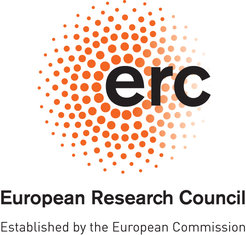Start of €10m Q-MAC research project
The ERC Synergy Grant research project Frontiers in Quantum Materials’ Control (Q-MAC) has started on October 1, 2013. The four research teams that will collaborate in this project are led by Prof. Andrea Cavalleri (speaker) from the Max Planck Institute for the Structure and Dynamics of Matter and the University of Oxford, Prof. Dieter Jaksch from the University of Oxford, Prof. Jean Marc Triscone from the University of Geneva and Prof. Antoine Georges from the École Polytechnique, the Collège de France and the University of Geneva.

For this six years’ project, the team was awarded about 10 million Euros by the European Research Council.
The overarching goal of the project is to combine materials design, coherent optical methods and multiple theoretical approaches to control ordered states of strongly correlated electron materials, also referred to as “quantum” or “complex” materials.
One of the most important goals is to optimize superconductivity at higher temperatures than achieved so far, possibly even at room temperature.
Complex-oxide heterostructures and strain engineering at interfaces will be used to control the equilibrium electronic properties of complex solids. Secondly, coherent optical control of crystal lattices with strong field THz transients will be used to dynamically enhance selected quantum properties at the expense of other competing orders. A combination of femtosecond optical and X-ray experiments with Free-Electron Lasers, material design and time dependent real-materials simulations will bring the project close to the goal. The most ambitious goal will be to develop laser-cooling techniques to reduce quantum phase fluctuations between planes of cuprate superconductors.
